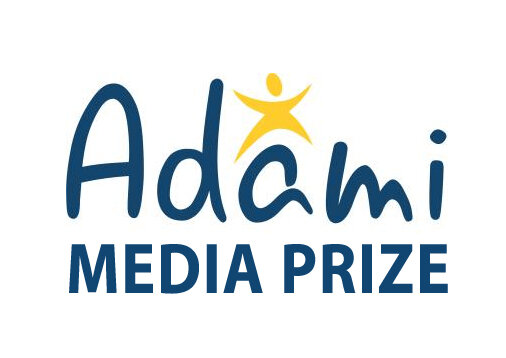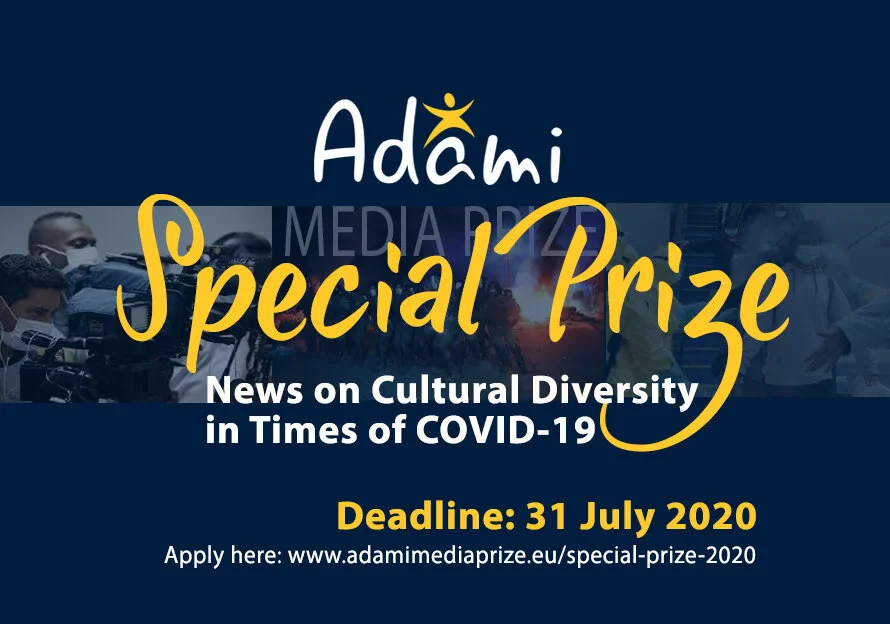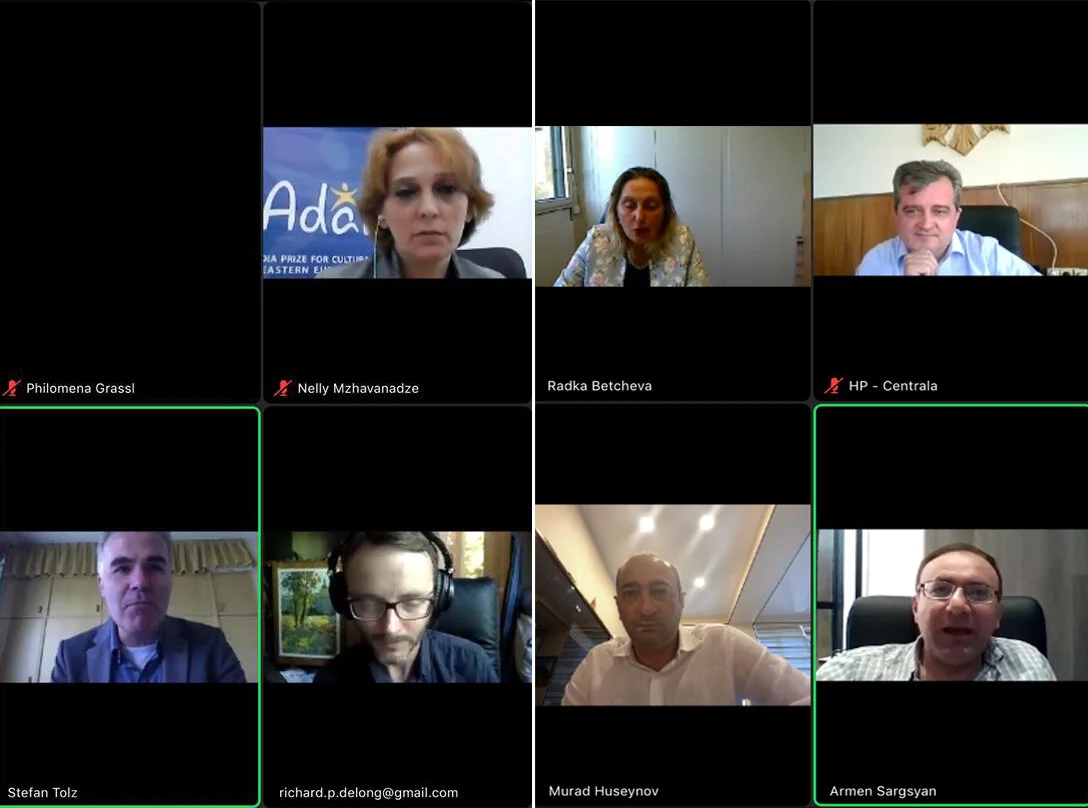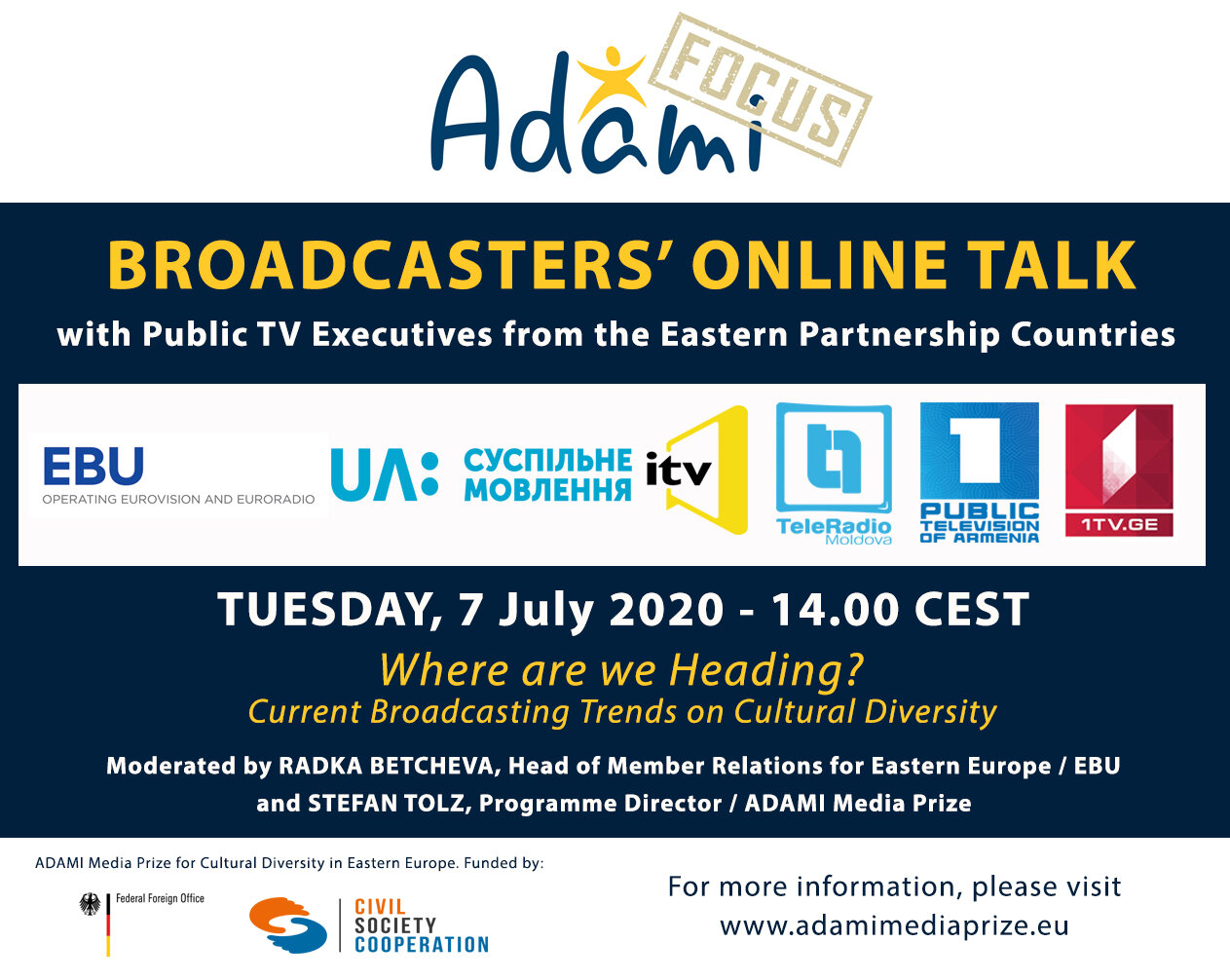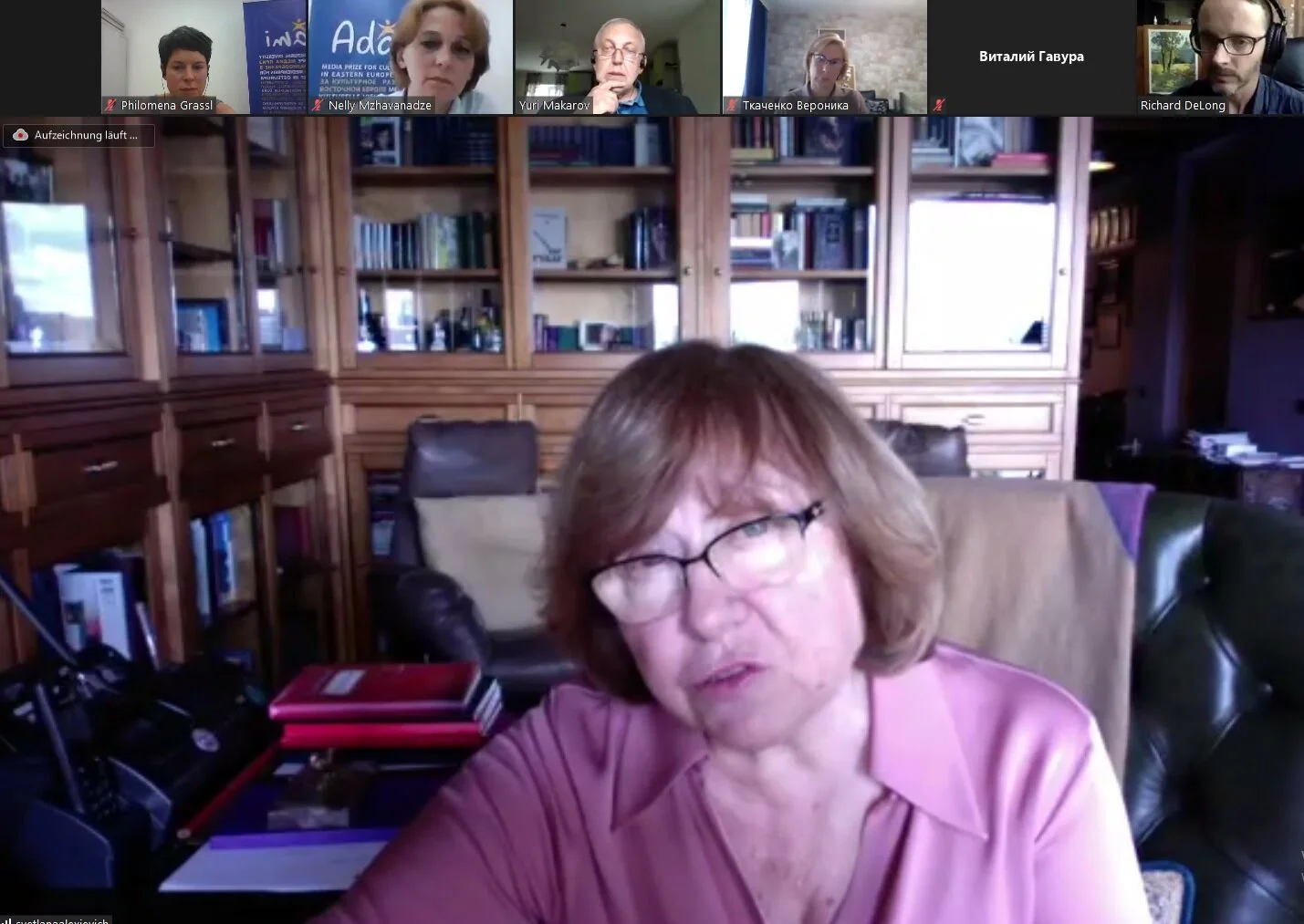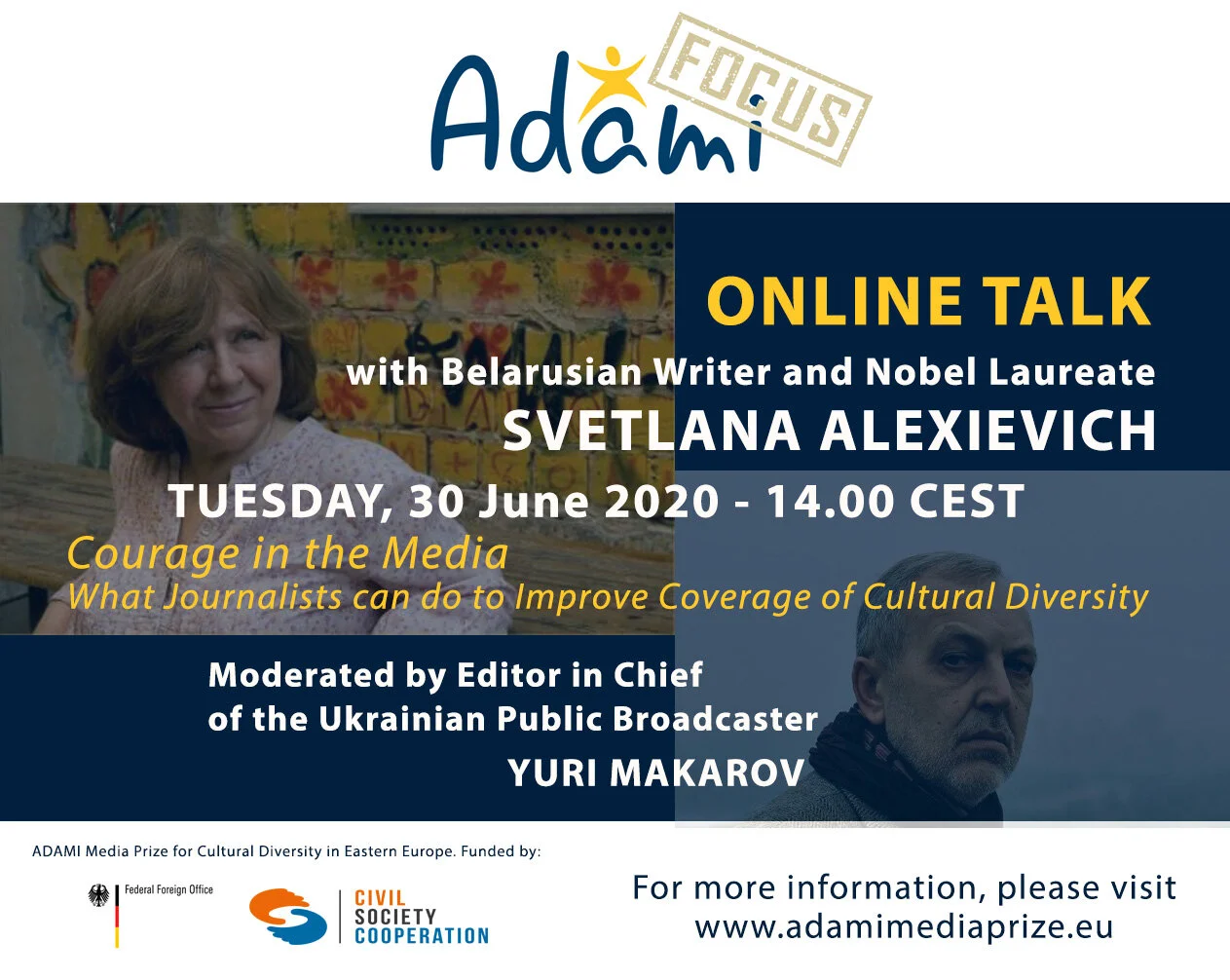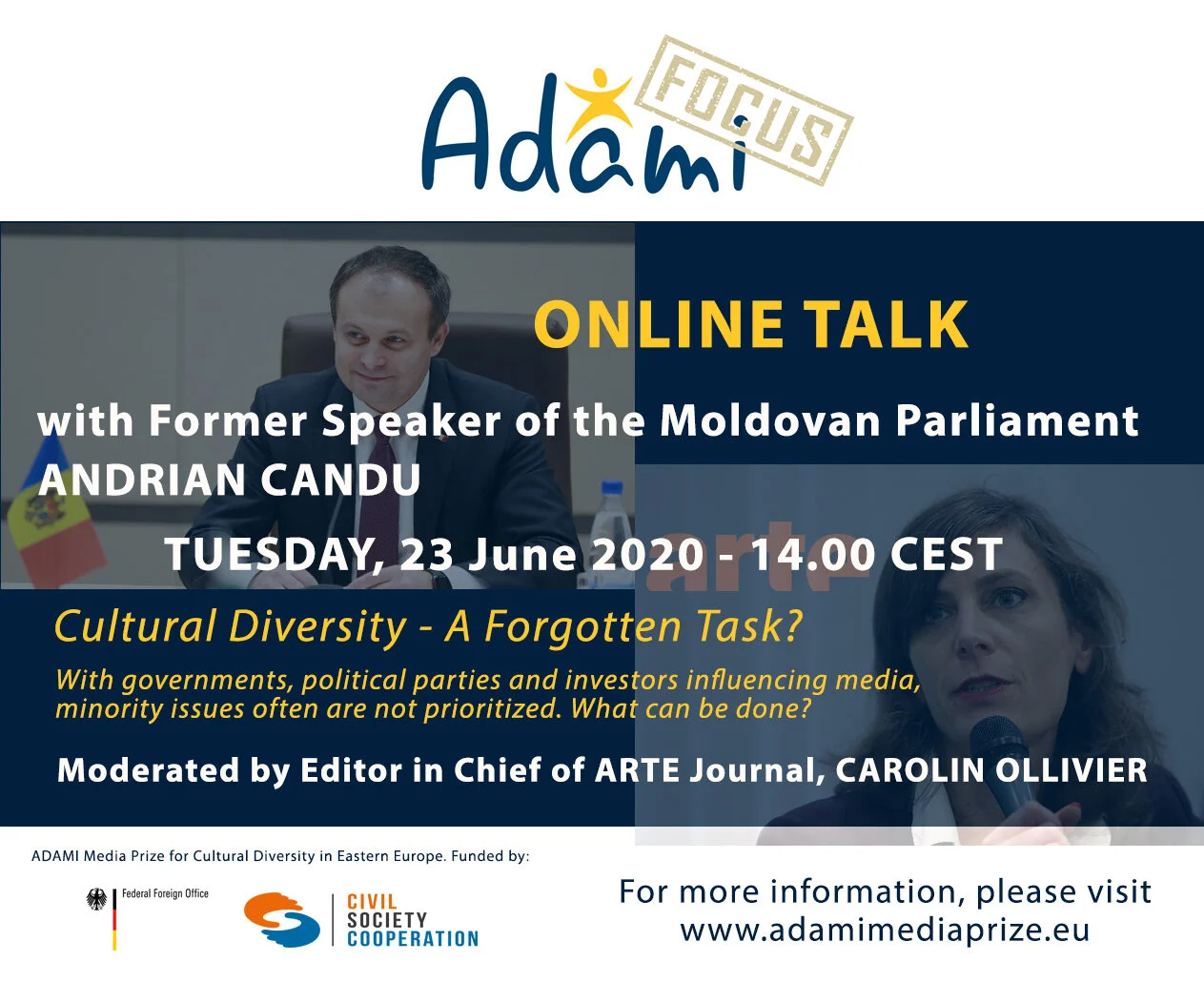"News on Cultural Diversity Issues in the time of COVID 19”
The regular deadline for the ADAMI Media Prize for Cultural Diversity in Eastern Europe 2020 has passed. However, this year ADAMI will hold an additional competition for the best news piece or short video on cultural diversity during the COVID-19 global pandemic.
COVID-19 has dominated media coverage in 2020 and it has presented new challenges to Eastern Partnership country journalists. The pandemic has contributed to heightened ethnic tensions; minorities and migrants have been stigmatized or even blamed for spreading the virus. Many have also suffered from information gaps due to remote living conditions or language barriers.
The ADAMI Media Prize would like to recognize outstanding journalistic contributions during this global crisis by awarding a prize for a news piece or other short video focused on COVID-19 and cultural diversity, ethnic and religious minorities and migration.
Journalists, filmmakers, production companies and broadcasters may submit material, which should be no longer than 5 minutes!
The competition opens 16 July 2020 and the application deadline is 31 July 2020!
To apply, please visit: https://www.adamimediaprize.eu/special-prize-2020
Please note: Applicants of the ADAMI Media Prize Competition can also win fellowships in news production with established Western European Broadcasters. Fellowship winners will have the opportunity to spend four weeks working in the news department of a large Western European Media Organization, with all costs covered.
